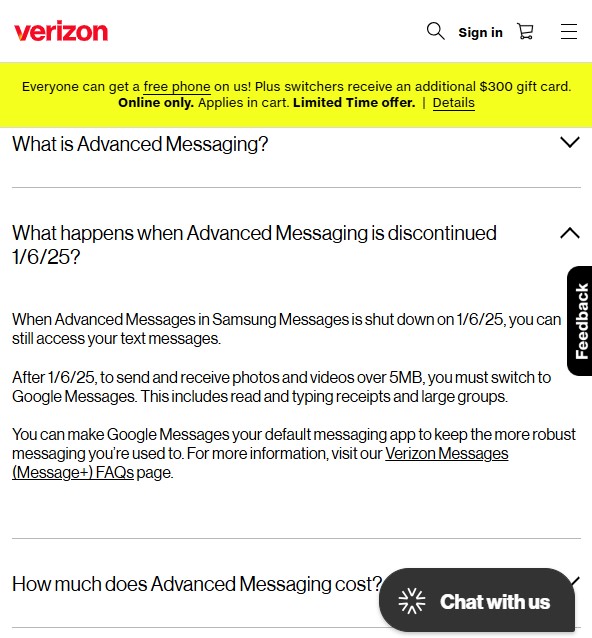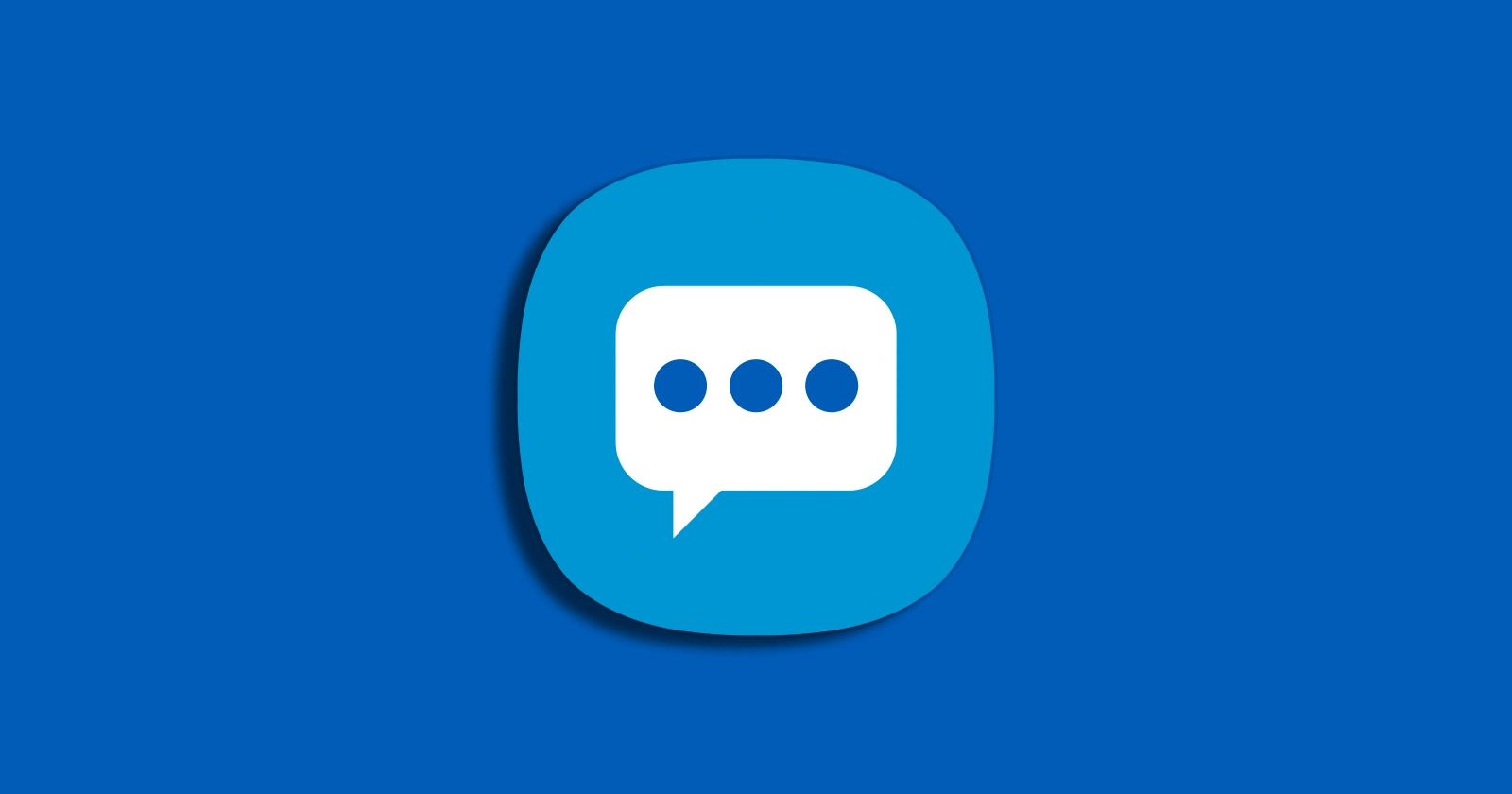I need to switch from Verizon. Trump is all over this. For the ones who don’t know what RCS is: RICH COMMUNICATION SERVICE pic.twitter.com/SC7xRU8lH1
— 🌹🪬HOO•DOO HOOCHIE🪬🌹 (@NubianElysian) December 4, 2024
Starting June 2025, Verizon will discontinue support for Rich Communication Services (RCS) in Samsung Messages, marking a significant shift for users who rely on advanced messaging features like high-res media sharing and read receipts. The change aligns with Samsung’s decision to preinstall Google Messages as the default messaging app on new Galaxy devices, such as the Galaxy Z Flip 6 and Z Fold 6, to streamline RCS adoption across Android.

This move is rooted in enhancing compatibility within the Android ecosystem. Samsung highlighted that while many apps support the RCS standard, communication can falter if the other party uses an unsupported app. Google Messages, being widely adopted and frequently updated for RCS enhancements, is better positioned to bridge this gap and ensure a consistent experience.
For Verizon users, basic SMS and MMS will continue to function in Samsung Messages, but RCS will require a transition to Google Messages albeit with a few hiccups. Messages will not be lost during the switch, as Google Messages seamlessly integrates existing SMS/MMS threads.
While the change is intended to unify and simplify messaging for Android and iOS users alike, it has sparked debate. Some users are frustrated by being nudged toward Google Messages, while others view it as a necessary step for a more cohesive Android experience. Concerns about losing familiar features in Samsung Messages or finding alternative messaging apps have also been raised.
To make the transition smoother, Verizon has been proactively notifying users. Samsung recently highlighted RCS benefits for Galaxy users, Android ecosystem and even iOS users out of its partnership with Google. So, if you’re on Samsung Messages, consider switching to Google Messages before June 2025 to avoid disruptions in your RCS services. This shift is part of a broader trend toward consolidating messaging platforms for better feature parity and support across Android and iOS devices.
TechIssuesToday primarily focuses on publishing 'breaking' or 'exclusive' tech news. This means, we are usually the first news website on the whole Internet to highlight the topics we cover daily. So far, our stories have been picked up by many mainstream technology publications like The Verge, Macrumors, Forbes, etc. To know more, head here.


